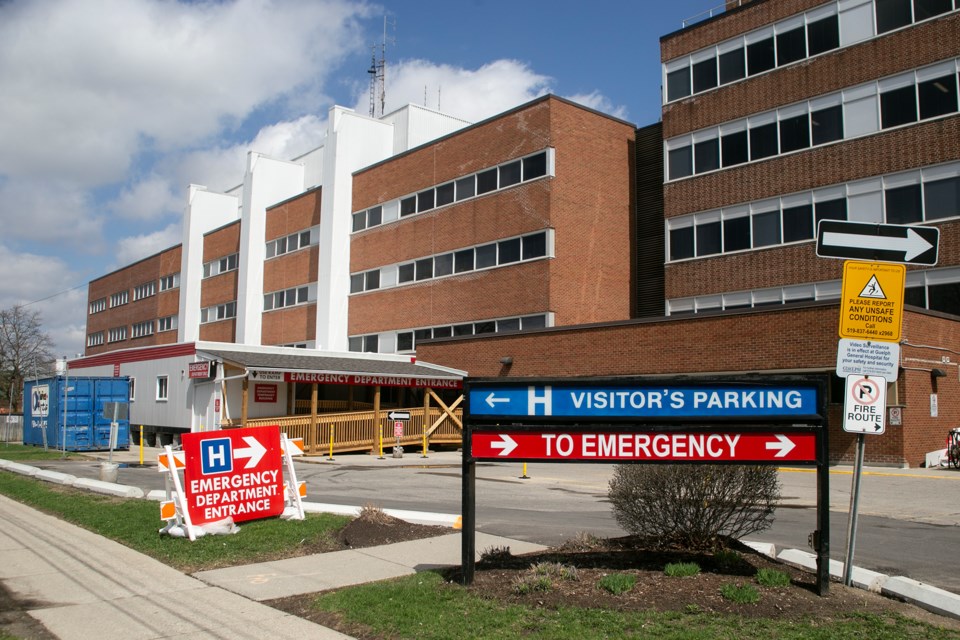In an effort to trim waitlists and give patients the care they need, operating rooms at Guelph General Hospital have been working at more than their pre-COVID levels for the past month, say hospital officials.
With the recent announcement of new provincial funding, they’re hoping to be able to bring in and train specialized operating room nurses to continue those efforts.
“We really would love to have more skilled operating room nurses,” said Melissa Skinner, GGH’s vice-president of patient services and chief of nursing, noting all hospitals are facing staffing struggles at the moment. “If we’re going to catch up on our waitlists and our backlog over time, we’re going to need to have far more nurses and far more staff.”
Last week the province announced $300 million in new money to help address surgical backlogs throughout the province, allowing for more operating room hours, surgical smoothing coaching, increased diagnostic testing and more.
“We are in a much better situation than we were months ago,” said Health Minister Christine Elliott in a news release, explaining hospitals throughout the province have worked through 76 per cent of the surgical wait list covering the period of March 2020 to March 2021.
“The surgical recovery plan builds on our commitment to create a better connected health care system, looking at every stage of a patient’s journey, from primary care referral to hospital discharge to recovery at home.”
It’s not yet known how much of that money will flow to Guelph General.
The operating rooms there have been running at or beyond pre-pandemic levels since the week of July 4, Skinner explained, noting the week of July 19 saw 122 per cent of the usual caseload addressed.
Up first in priority are urgent and critical cases, which were never paused (during much of wave three, Skinner said the hospital saw nearly 70 per cent of its usual surgical volumes) followed by things such as knee and hip replacements, as well as cataracts and gynecological procedures.
Waitlists are nothing new to healthcare, though they’ve grown longer during the pandemic. While they continued through much of wave three, the first two waves saw operating rooms shut down for non-urgent cases.
Precisely how long waitlists have grown is difficult to determine, Skinner said, noting surgeons are working to update patient lists and there’s constant fluctuation in how many non-urgent cases can be accommodated.
The province ordered hospitals to start ramping down non-urgent surgeries in early April in response to rising COVID cases and the resulting need for intensive care unit (ICU) beds. Direction was provided in mid-May to begin preparing a return to more normal numbers.
“We were able to take some of the staff that normally work in our day surgery area or our (operating room) and they helped out in our critical care (unit),” Skinner explained of the surgical slowdown. “Those nurses … our anesthetists, some of our surgeons, our emerg doctors, they all really surrounded critical care during those critical few weeks when we were at capacity.”
Many of those staff members returned to their regular duties on June 6.
When it comes to diagnostic imaging – mammograms, CTs, MRIs, etc. – Skinner said the hospital has booked appointments for every referral it has received.
“We are doing an outstanding job of making sure those individuals in our community that are waiting for diagnostics to assess for cancer are being seen quickly,” she said, noting the wait for CT scans is about five days, with about a three-day wait for MRIs, far below the provincial target of 10 days for each. “We continue to do the lower-priority cases, but obviously those higher-priority cases take precedence.”
